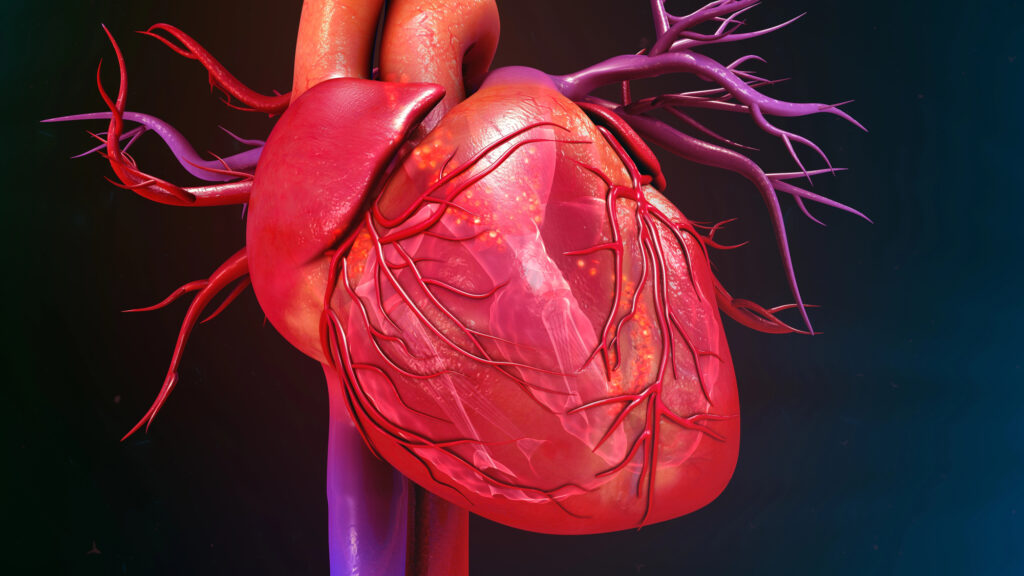In this second part of a special report on alternatives to proton pump inhibitors, Today’s Practitioner explores the science behind melatonin for reflux disease.
As the use of PPIs comes in questions for some, there are a number of integrative care doctors seeking alternatives. Long before FDA issued warnings about PPIs, Melvyn Werbach MD described a case study in Alternative Therapies in 2008. The patient, a 64-year old woman was treated for GERD with omeprazole. However, she was concerned about a worsening of existing osteoporosis. Studies show that the acid suppression and elevated level of gastrin associated with PPIs may increase hip fracture risk by as much as 44 percent.1
In this article, we review Dr. Werbach’s treatment protocol and more recent studies on melatonin‘s use. The full study is attached at the bottom of this story.
Dr. Werbach prescribed a combination formula of 5-hydroxytryptophan (5-HTP) 100 mg, a proprietary methionine complex in a single capsule, and melatonin 6 mg. See the attached study below for the complete protocol. Forty days later she stopped omeprazole without her symptoms returning. After a few months of dosage changes, she stayed solely on 6mg of melatonin at bedtime with 3 episodes of mild substernal chest pain that awakened her during the middle of the night. In each case, she took 20mg of omeprazole and experienced full relief within 30 minutes.

Since Werbach’s case study, a number of clinical studies have well supported the use of melatonin at bedtime to reduce heartburn and GERD. One 2014 study in Current Pharmaceutical Design, explained melatonin’s ability to curb GERD and even speed ulcer healing:2
“The speed of ulcer healing in experimental animals and humans is accelerated by melatonin. This indoleamine could be also effective against the esophageal lesions provoked by reflux esophagitis in animal models and prevents the incidence of GERD in humans. The melatonin-induced gastroprotection is accompanied by an increase in gastric blood flow, plasma melatonin concentration, enhancement in mucosal generation of PGE2, luminal NO content and plasma gastrin levels. Melatonin scavenges reactive oxygen metabolites, exerts anti-oxidizing and anti-inflammatory actions and inhibits the formation of metalloproteinases- 3 and -9; both implicated in the pathogenesis of gastrointestinal injury and formation of gastric ulcers.”
In a randomized, placebo-controlled pilot study (Open Journal of Gastroenterology) in 2014 at 60 patients with functional heartburn (non-erosive reflux disease, NERD) were treated with omeprazole 20 mg before breakfast and randomized to receive either melatonin 6 mg (n = 20), nortripty line 25 mg (n = 20), or placebo (n = 20) at bedtime for 3 months. Biopsies of the distal esophagus taken 2 cm above the gastroesophageal junction underwent special stains for histological analysis as a diagnostic tool for functional heartburn.
A significantly greater percentage of patients receiving melatonin 6 mg (75%) reported improvement in heartburn symptoms than patients receiving nortriptyline 25 mg (20%; P = 0.0015). The percentage of patients with improvement in GERDHRQOL score was also greater with melatonin than placebo (45%; P < 0.0001). Nortriptyline resulted in the fewest number of patients reporting relief of their heartburn symptoms, and the difference was significant when compared with placebo (P < 0.0001).
Adverse events were minimal, however 20-30% of the melatonin group reported diarrhea and abdominal distention respectively. The researchers suggest that for some individuals, melatonin 6 mg is not an optimal dose for treating functional heartburn, especially because melatonin has been reported to act in a dose-dependent manner.
The authors of a review study in the World J of Gastrointestinal Pharmacology and Therapeutics on melatonin and its use for patients with post-traumatic stress disorder, concluded: 4
“PTSD causes tryptophan depletion and, as a consequence, low levels of melatonin. The latter is responsible for the control of the lower esophageal sphincter and gastric acid secretion. This hormone is produced by the pineal gland and enterochromaffin cells and it seems that these cells are damaged by PPIs. Based on this rationale, how could we say that therapy with PPIs is safe?”
“At the present moment, three hospitals in the USA are starting a stop order policy for all PPIs (authors do not indicate which hospitals). They are interested in conducting further studies with melatonin (associated with amino acids and vitamins) in order to replace the therapy with PPIs. The formula with melatonin associated with amino acid and vitamins is a very promising therapy with no significant side effects and very effective in terms of cure of giant ulcers (which are typical of HIV positive patients). PPIs can not regress or heal this type of ulcer. On the other hand, melatonin alone in human beings is less effective than omeprazole.”
For more on the overuse of PPIs, link here to Today’s Practitioner, SPECIAL REPORT: Why Americans are Pushing for Alternatives to PPIs
Click Here for Full Text Study
Sources:
-
Werbach MR. Melatonin for the treatment of gastroesophageal reflux disease. Altern Ther Health Med. 2008 Jul-Aug;14(4):54-8. Review.
-
Brzozowska, Iwona et al. Mechanisms of Esophageal Protection, Gastroprotection and Ulcer Healing by Melatonin. Implications for the Therapeutic use of Melatonin in Gastroesophageal Reflux Disease (GERD) and Peptic Ulcer Disease. Current Pharmaceutical Design, Volume 20, Number 30, September 2014, pp. 4807-4815(9)
-
Patrick P. Basu et al. The effect of melatonin in functional heartburn: A randomized, placebo-controlled clinical trial. Open Journal of Gastroenterology Vol.4 No.2(2014), Article ID:42681,6 pages DOI:10.4236/ojgas.2014.42010
-
De Oliveira Torres JDF, de Souza Pereira R. Which is the best choice for gastroesophageal disorders: Melatonin or proton pump inhibitors? World Journal of Gastrointestinal Pharmacology and Therapeutics. 2010;1(5):102-106. doi:10.4292/wjgpt.v1.i5.102.










